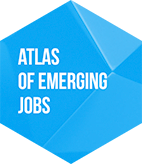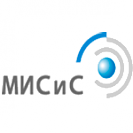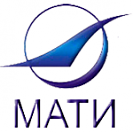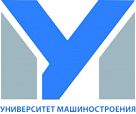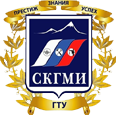Metallurgy
Metallurgy is one of the key branches in Russia, with strong traditions and high inertia. Growing global competition in the sector will lead to dramatic changes driven by a turn toward environmentally safer production processes, equipment replacement, and technological process quality. Industry standards will gradually shift in the direction of “white” metallurgy, the principles of which are already being introduced at the Chelyabinsk Pipe Plant.
Production processes will more often use methods ensuring minimal environmental impact, which, in some cases, will enable a transition from two-stage metal production (processing, smelting) to a one-stage process (extracting metal directly from the ore). Metal production waste will be directed to other production lines (primarily acids, alkali, and sulfur).
The sizes of metal-making facilities will change as well. Instead of huge complexes, medium-sized facilities will be constructed, with higher flexibility and improved quality control. Mobile facilities will appear that will produce special metals, moving to wherever metal demand is high, e.g. major construction sites.
Customers will also review their requirements for metal products. In particular, the need to reduce the weight of a structure while preserving its strength is reducing demand for traditional products in the sector, such as sheet metal, pipes, bars, slabs, etc. They are being replaced with advanced materials such as plastics and composites, including, carbon fibre, metal composites, metal ceramics, etc.).
On the other hand, we will see a growth in demand for new products, such as nanopowders and complex alloys. The share of biometallurgy (extracting metals from low-grade ore using microorganisms, bringing about substantial cost reductions) will grow. Precision alloy (metals with preset properties, such as elasticity, fusibility, conductivity, etc.) production will expand.
Production processes will become more automated and robotized. Some blue-collarjobs in metallurgy (there are over 500 of them now) will decline (become endangered), giving way to versatile equipment operators. At the same time, workers will perform increasingly fewer physical operations, eventually switching to remote process control (sometimes even without being present at the facility).
Professions
Equipment designer in powder metallurgy
Engineers advanced equipment for producing metals with a high degree of readiness (powders, alloys), using processes at the intersection of different sciences (biometallurgy, etc.).
Trends
Professional skills and abilities
Advanced metals engineer
Specialist engaged in designing alloys with preset or variable properties (changing based on operating conditions).
Trends
Professional skills and abilities
Ecorecycler in metallurgy
Professional tasked with metallurgic waste disposal and environment rehabilitation.
Trends
Professional skills and abilities
Equipment supervisor
Specialist with competences in mechatronics and engineering, operating and servicing high-tech equipment throughout its life cycle.
